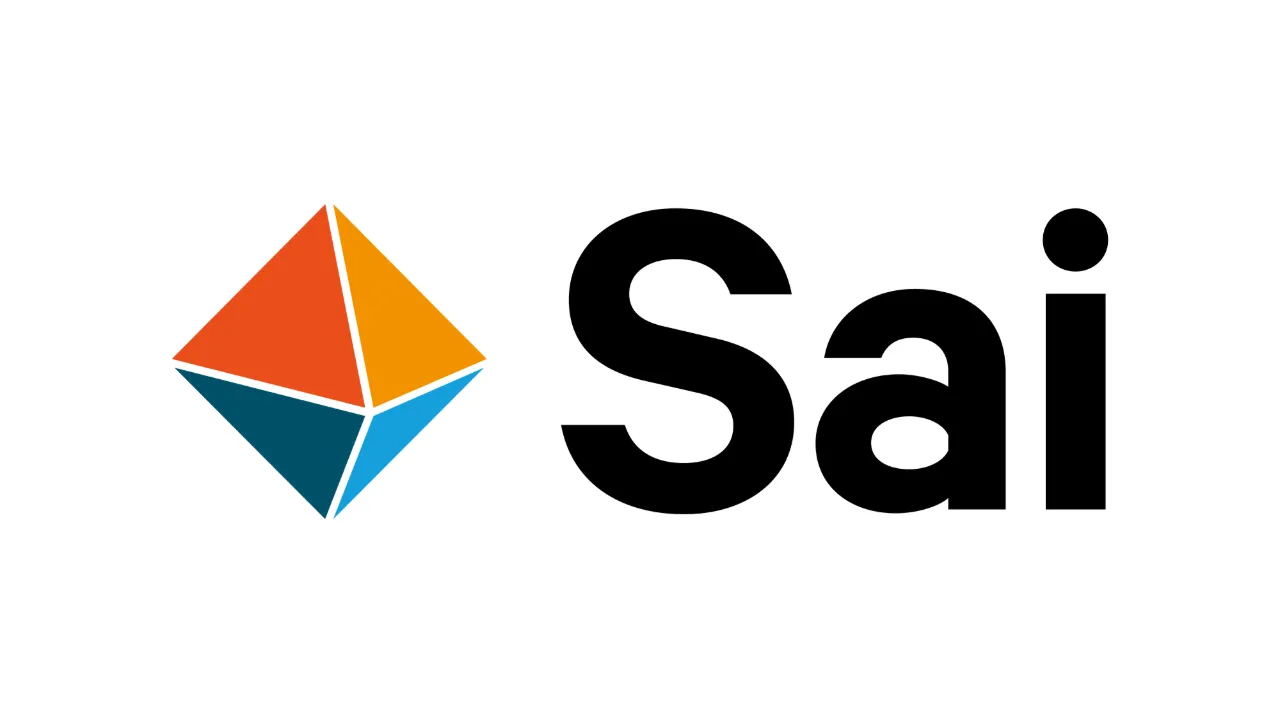WASHINGTON — President Obama has signed into law a bill providing $26 billion to struggling states — including additional Medicaid funding — by closing tax loopholes for multinational companies and cutting food aid to the poor.
The House of Representatives gave final congressional approval to the bill on a largely party-line vote of 247 to 161.
The bill will give states $16 billion more for Medicaid, the health insurance program for the poor, and $10 billion for education. Last year’s $862 billion economic stimulus law temporarily raised federal reimbursement to states for Medicaid. States have been worried about how to fill the void when the money runs out in December.
The House version includes a six-month extension of the enhanced federal funding level for state Medicaid programs.
The National Association of Chain Drug Stores had advocated for this continuation of the higher federal medical assistance percentage (FMAP), which was raised temporarily as a provision of the American Recovery and Reinvestment Act enacted in 2009.
The approval by the House and subsequent signing by the president was applauded by NACDS.
“This enhanced federal funding of state Medicaid programs is important to help prevent additional cuts to pharmacy services and pharmacy access at the state level,” says NACDS president and chief executive officer Steve Anderson. “Anything that hinders pharmacy access is counterproductive because when patients do not take their medications correctly, health suffers and long-term health care costs rise.”
NACDS notes the New England Healthcare Institute’s estimate that the effects of poor medication adherence cost $290 billion annually, or 13% of all health care expenditures.





